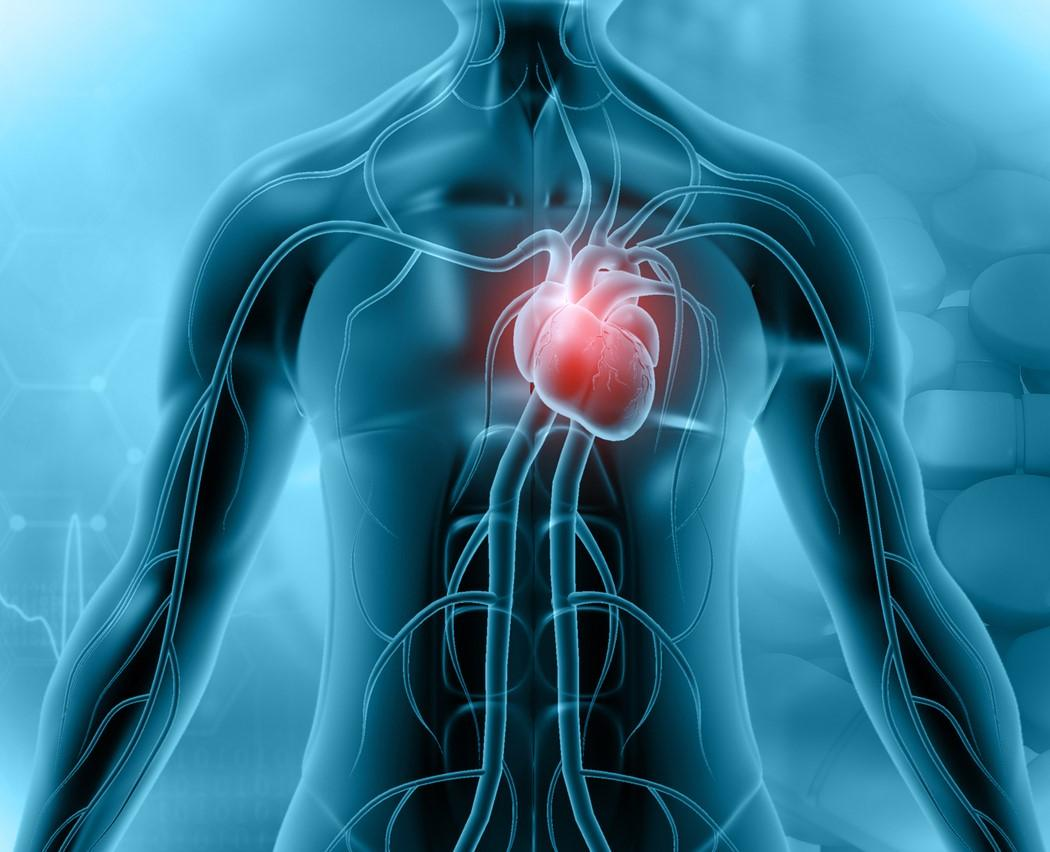A study today in JAMA suggests that hospitalized patients—primarily previously healthy young men—have considerably fewer cardiovascular sequelae by 18 months if they develop myocarditis after COVID-19 mRNA vaccination than after COVID-19 infection.
French researchers mined data from the French National Health Data System on all 4,635 residents aged 12 to 49 years hospitalized for myocarditis, or inflammation of the heart muscle, from December 2020 to June 2022.
Participants had postvaccination myocarditis (within 1 week of COVID-19 mRNA vaccination; 588 patients [12%]), post-COVID myocarditis (within 30 days of infection; 298 [6%]), or conventional myocarditis (3,779 [82%]). The team also compared medical management in the three groups after hospital release.
Low rates of myocarditis after vaccination with mRNA COVID-19 vaccines have been reported, mainly in young adults after receipt of their second dose, the vast majority with a favorable outcome.
"Although vaccination resulted in a significant decrease in hospitalization and mortality from COVID-19, it is crucial to evaluate the consequences of postvaccine myocarditis, particularly in young people, who are less likely to have serious illness after SARS-CoV-2 infection and could thus be less inclined toward vaccination," the study authors wrote.
Readmissions for myopericarditis
Two thirds of cases of postvaccine myocarditis (67%) occurred after a second COVID-19 vaccine dose. Patients diagnosed as having postvaccination myocarditis were younger than those with post-infection and conventional myocarditis (average age, 25.9, 31.0, and 28.3 years, respectively) and were more often male (84%, 67%, and 79%).
Nearly all patients with postvaccination myocarditis (97.5%) had no history of myocarditis in the past 5 years, compared with 97.0% of those with post-infection myocarditis and 93.5% of those with the conventional type.
Hospitalization for other cardiovascular conditions occurred in 2.7% of patients with postvaccination myocarditis, in 7.4% of those with post-infection myocarditis, and in 7.3% of patients who had conventional cases.
During follow-up, 3.2% of patients with postvaccination myocarditis, 4.0% of those with post-COVID myocarditis, and 5.8% of those with the conventional type were readmitted for myopericarditis (myocarditis and inflammation of the fluid-filled sac surrounding the heart).
After standardization, postvaccination myocarditis was tied to lower rates of hospital readmission for myopericarditis, other cardiovascular problems, all-cause death, and a composite of all three outcomes than those with the conventional type (weighted hazard ratio [wHR], 0.55), while those with post-infection myocarditis had comparable outcomes as patients with conventional myocarditis (wHR, 1.04).
Hospitalization for other cardiovascular conditions occurred in 2.7% of patients with postvaccination myocarditis, in 7.4% of those with post-infection myocarditis, and in 7.3% of patients who had conventional cases. One patient (0.2%) died after postvaccine myocarditis, 4 (1.3%) died after post-COVID myocarditis, and 49 (1.3%) died after the conventional condition.
Patients with postvaccine myocarditis were hospitalized for any cause less often (wHR, 0.69) than those with the conventional disease, with no difference seen with post-COVID myocarditis compared with conventional disease. Findings were similar when hospitalizations for any cause were also considered in the composite outcome (wHR for postvaccine myocarditis, 0.64; wHR for post-COVID myocarditis, 1.03).
After standardization, the frequency of cardiac testing and drug prescriptions followed a similar pattern for patients with postvaccine or conventional myocarditis.
Patients with postvaccination myocarditis had a lower standardized rate of the composite outcome (wHR, 0.65) than 2,191 patients with conventional myocarditis diagnosed in 2018, well before the pandemic began.
Need for monitoring after hospital release
The researchers called their study the first nationwide, population-based research to follow the evolution of postvaccination myocarditis with an 18-month follow-up.
Affected patients, mainly healthy young men, may require medical disease management for up to several months after hospital discharge.
"Unlike patients with post–COVID-19 myocarditis, those with postvaccine myocarditis had fewer hospital readmissions for myopericarditis, other cardiovascular events, or all-cause death as a composite outcome than those with conventional myocarditis," they wrote, cautioning that the differences in between-group outcomes can't be interpreted as causal, because the type of myocarditis is not modifiable.
Although patients with postvaccination myocarditis have a lower rate of cardiovascular complications, "affected patients, mainly healthy young men, may require medical disease management for up to several months after hospital discharge," the authors concluded.
The American Heart Association and the American College of Cardiology recommend that myocarditis patients refrain from competitive sports for 3 to 6 months and to have a health assessment before resuming athletics.




















